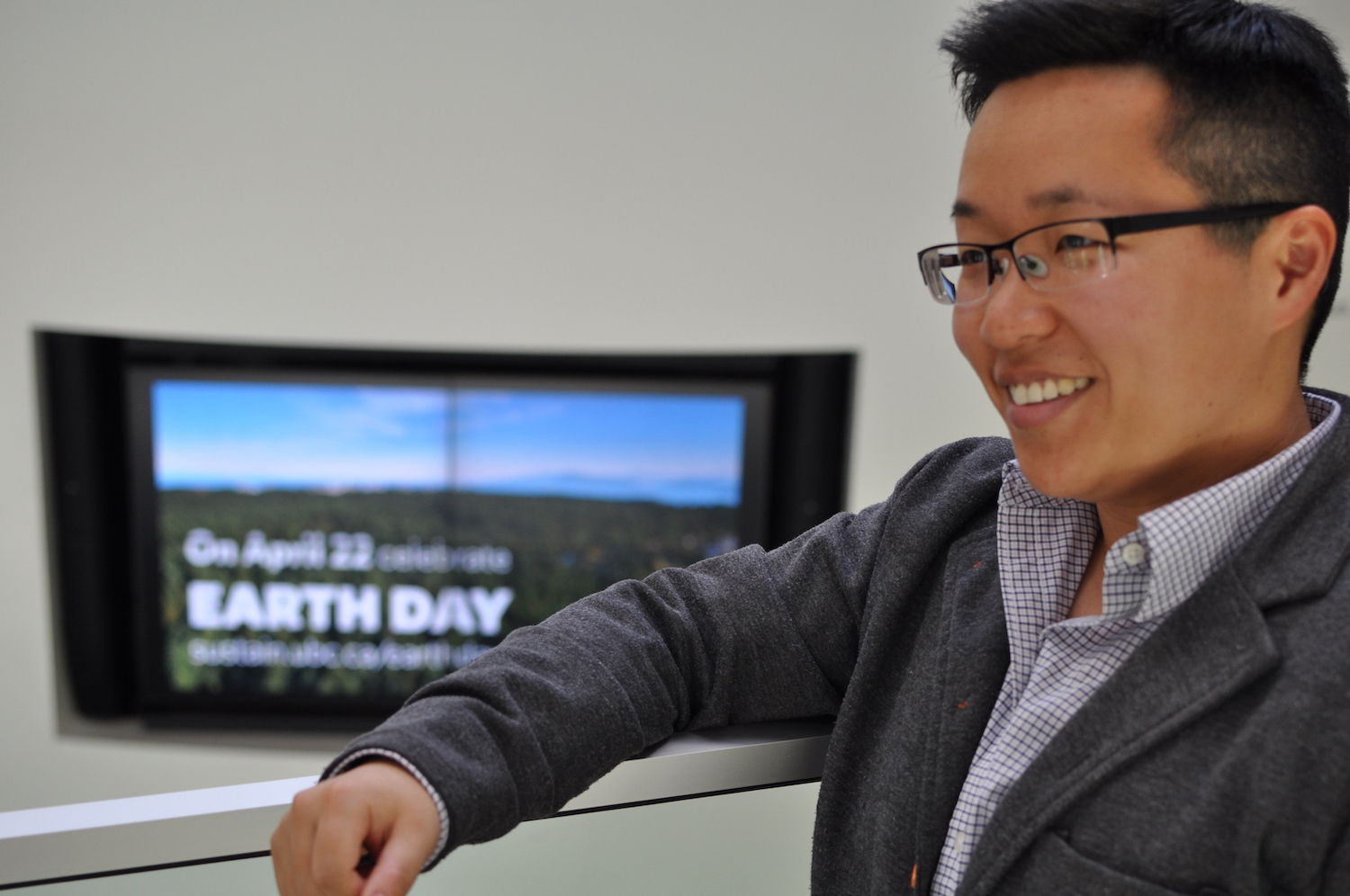

Jiaying Zhao, associate professor of psychology
Psychologist Jiaying Zhao uses insights from behavioural psychology to design pro-environmental interventions in workplaces and cities.
Why does climate change remain such a polarizing topic? And what interventions could be made in our cities to encourage pro‑environmental behaviour? As Canada Research Chair in Behavioural Sustainability, psychologist Jiaying Zhao uses insights from behavioural psychology to address these kinds of sustainability problems.
Engaging Climate Change Skeptics
Zhao’s recent work seeks to understand how to engage conservatives who remain skeptical about climate change. “Political groups view climate change in very different ways,” says Zhao. “You have liberals who are worried about climate change and conservatives who are skeptical and don’t believe it’s driven by human activity. Yet the two groups are looking at the same scientific evidence. So our question is, why is information alone not convincing people? Why do you see this divergence of views and opinions given the same evidence?”
[Read: New study paves way for how we communicate climate change information]
Zhao wondered whether the differences arise in part from an attentional bias driven by political orientation rather than insufficient exposure to climate facts. So in a recent study, Zhao and her colleagues tested people’s visual attention to climate‑change related words (words like “carbon” or “warming”). They discovered that participants who were already concerned about climate change were better at seeing those words, while those who weren’t concerned didn’t pay any more attention to climate words than to neutral words like “table” or “chair.” Zhao says this can create a feedback loop where concerned individuals are better at tuning their attention to climate news, which leads them to become more concerned.
For Zhao, this has enormous implications for communication. “You cannot engage conservatives on climate change in the same way you can with liberals,” she says. Zhao suggests that for climate messaging to be effective, it should align with people’s personal values and political ideologies. So for conservatives, this might require framing climate change action as a tool for advancing economic and technological development, or protecting the nation against threats like rising sea levels or wildfires.
Environmental Interventions
Zhao’s other research has examined how small interventions can encourage recycling, composting and car sharing. She says that simply being aware of what contributes to climate change is often not enough to change behaviour, but making pro‑environmental actions convenient and accessible can make a big difference. For instance, she and her colleagues showed that minimizing the distance between the recycling bin and suites in a multi‑unit residential building improved recycling and composting rates by 60 to 130 per cent.
Why is this an area you chose to work on?
Jiaying Zhao: “Because it is absolutely necessary! Human activity has caused adverse impacts on Earth’s ecosystems and created a myriad of environmental problems. Sustainable development ultimately depends on changing human behaviour. So I think there is a tremendous space for psychology to contribute to sustainability.”
If there was one solution or recommendation that you would like people to take away from your research, what would it be?
Jiaying Zhao: “Make it easy and fun. For example, if cities can make public transit or car sharing services more convenient, that will encourage fewer people to drive, which will support our transition to a more sustainable world.”



